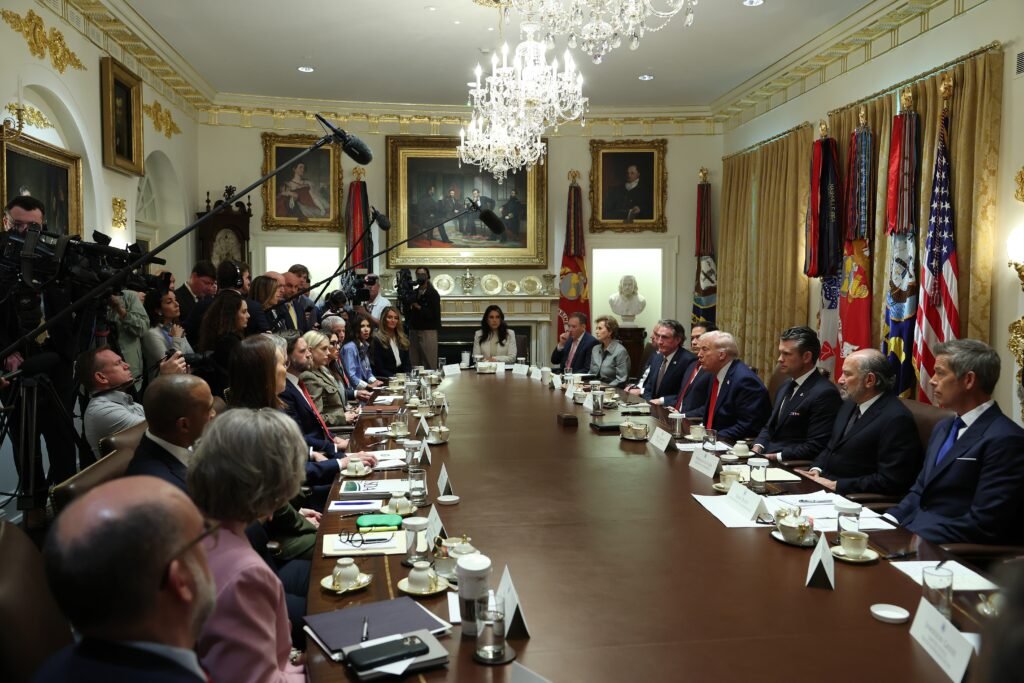Foreign policy analysts are suggesting that the potential rise of a new Japanese prime minister serves as a critical reminder for America’s allies in the Indo-Pacific region, who have been somewhat sluggish in enhancing their military capabilities.
Sanae Takaichi, who has been put forward as the president of the ruling Liberal Democratic Party (LDP), is poised to become Japan’s first female prime minister. She intends to swiftly take on the role while advocating for a stronger military in light of escalating threats from China. The United States has long urged Japan and other neighboring nations like Taiwan and South Korea to bolster their defenses, and many believe Takaichi’s ascent might be a critical push for these countries to take military preparedness seriously.
Victoria Coates, a former national security adviser to Trump, remarked on Xi Jinping’s stated timeline for readiness by 2027. This involves not just the People’s Liberation Army but also Taiwan and other nations working with it to defend against potential attacks.
Takaichi, a proponent of revising Japan’s pacifist Article 9 of its Constitution, reflects a shift in attitudes towards military readiness, especially concerning China’s growing assertiveness. William Chow, a senior fellow at the Hudson Institute, noted that Takaichi’s likely election signifies a serious commitment to security, particularly given threats from China, North Korea, and Russia across various domains, including those related to military and energy supply chains.
Takaichi has close ties to former Prime Minister Shinzo Abe, who initiated changes to Article 9 to allow for collective self-defense in response to attacks on allies. Chow emphasized that Japan’s security is closely tied to the U.S. forces stationed there, making the stakes even higher.
U.S. defense officials have expressed long-standing concerns about Japan’s defense spending, noting that although there have been improvements, they fall short of what’s needed given the strategic climate. Japan’s economy, however, is grappling with significant challenges, including a debt-to-GDP ratio exceeding 149%, alongside sluggish GDP growth due to a shrinking population.
As Takaichi champions Japan’s militarization, U.S. frustrations grow with Taiwan and South Korea for not keeping pace. Taiwan plans to significantly ramp up its defense budget in response to U.S. pressure, intending to reach over $31 billion by 2026, while South Korea has also committed to an 8.2% increase in military spending for the next year. Yet, doubts linger about whether these efforts will be sufficient in light of the approaching 2027 deadline.
Like Japan, both South Korea and Taiwan face their own economic hurdles that could hinder rapid military advancements. Concerns about declining birth rates and rising public debt further complicate the situation.
Coates emphasized the urgent need for action, stressing that time is of the essence. While Takaichi’s official leadership is not yet confirmed, her position within the Liberal Democratic Party suggests a likely takeover, especially following her remarks admiring the late British Prime Minister Margaret Thatcher.
In a recent campaign event, Takaichi expressed her aspiration to emulate Thatcher’s strong leadership. The Department of Defense has not yet issued any comments regarding this emerging situation.







